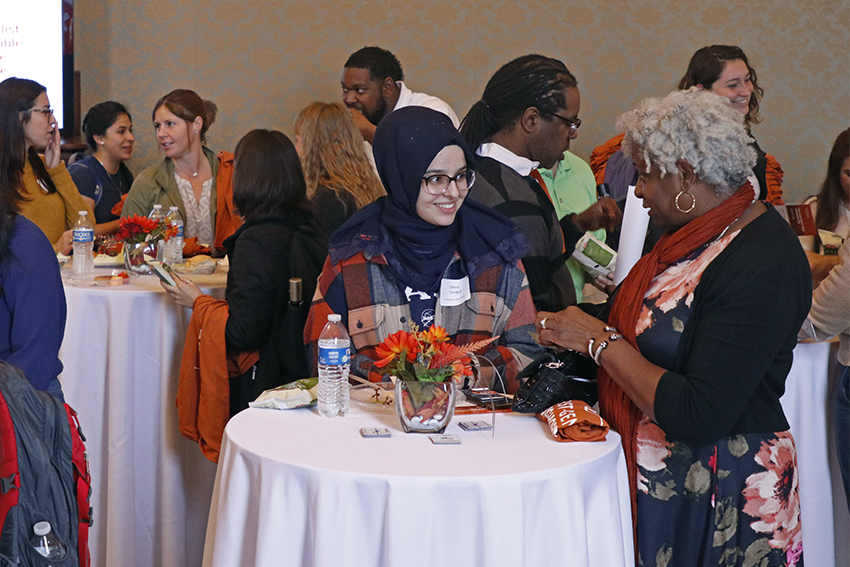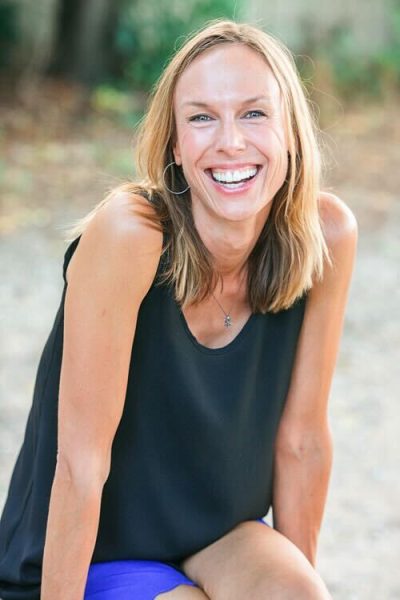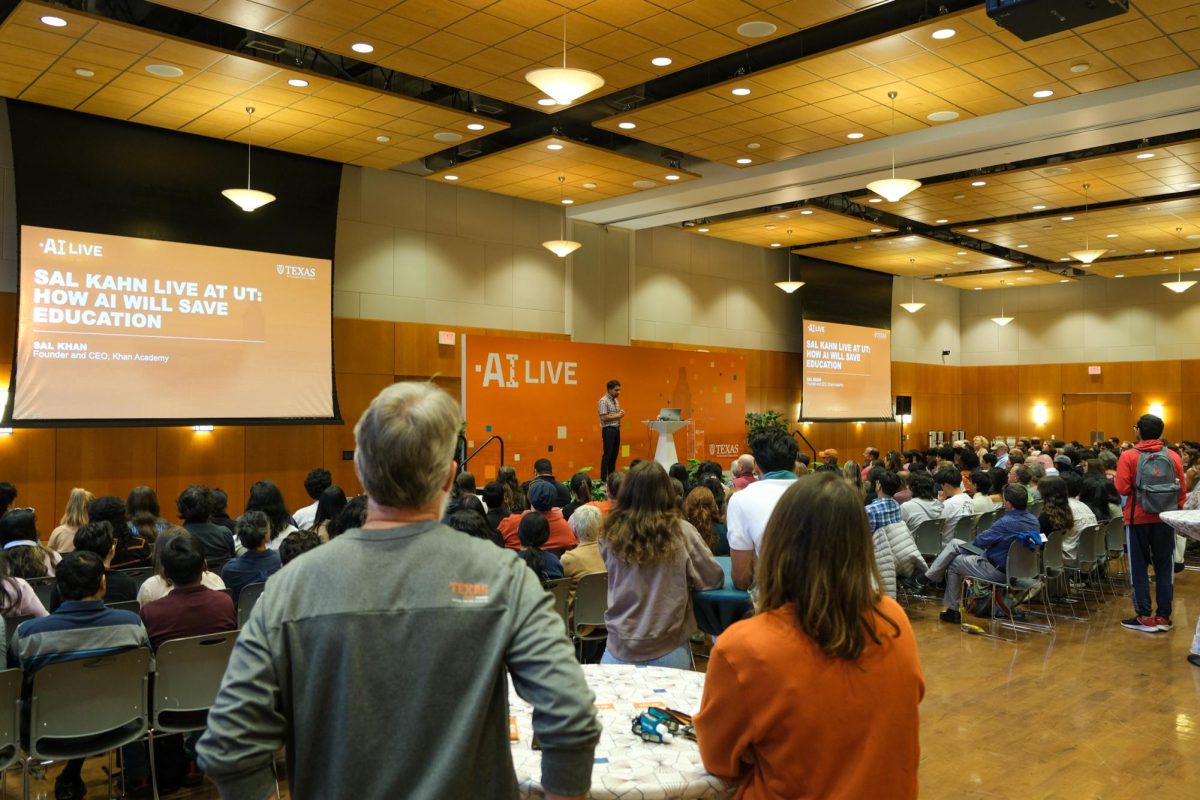Joanna Armendariz, biochemistry junior and first-generation college student, said the first time she set foot in Austin was the first day she moved into her dorm, after transferring to UT from El Paso Community College this January.
“It was crazy,” Armendariz said about coming to Austin for the first time. “I drove in by myself at night, so whenever I was pulling into the city of Austin I saw nothing but tall buildings. I was rolling into downtown Austin with all the pretty lights and it was like, ‘I’m here. I did it.’”
Armendariz was one of the roughly 400 first-generation students, faculty and staff members who gathered in the UT Tower on Thursday for a celebration honoring them and their efforts, as part of the national First-Generation College Celebration Day. The event included different stations such as a photo booth, a thank-you letter writing station and a station where students could record a video testimonial of what it meant to be a first-generation student at UT.
The celebration was hosted by the First-Generation Commitment Working Group, an organization dedicated to increasing campus-wide support for first-generation students, in order to provide these students the opportunities to network with each other as well as faculty and staff.
Cassandre Alvarado, co-chair of the First-Generation Commitment Working Group, said such celebrations can help diminish the sense of loneliness students might feel on a large campus.
“Sometimes when you’re on a campus as large as UT-Austin you can really feel alone,” said Alvarado, assistant professor in the Department of Educational Leadership and Policy. “And so a benefit of bringing folks together is so that first-generation students can see that they are not alone. They are part of a community that is 10,000 strong and even more faculty and staff who have been there and navigated their way through college successfully.”
Psychology sophomore Haley Capps said there is a lot of pride and eagerness for independence that comes with being a first-generation college student, but it’s important to ask for help and find a support system to make the experience easier.
“One of my really good friends sat me down and helped me do my FAFSA and told me about it and what it was so that way I could actually receive financial aid,” Capps said. “Your friends are your lifelines here which is why it’s important to get involved.”


















